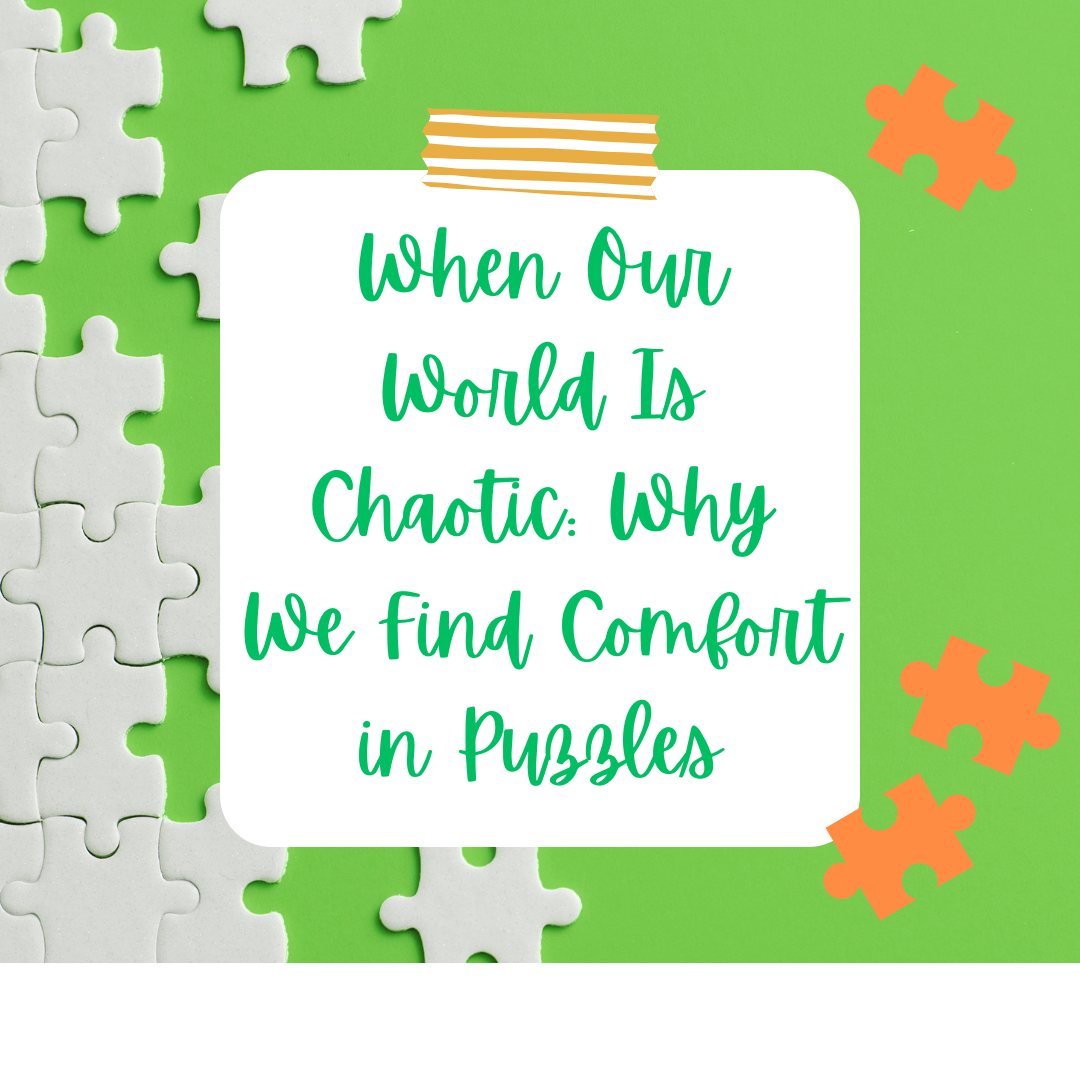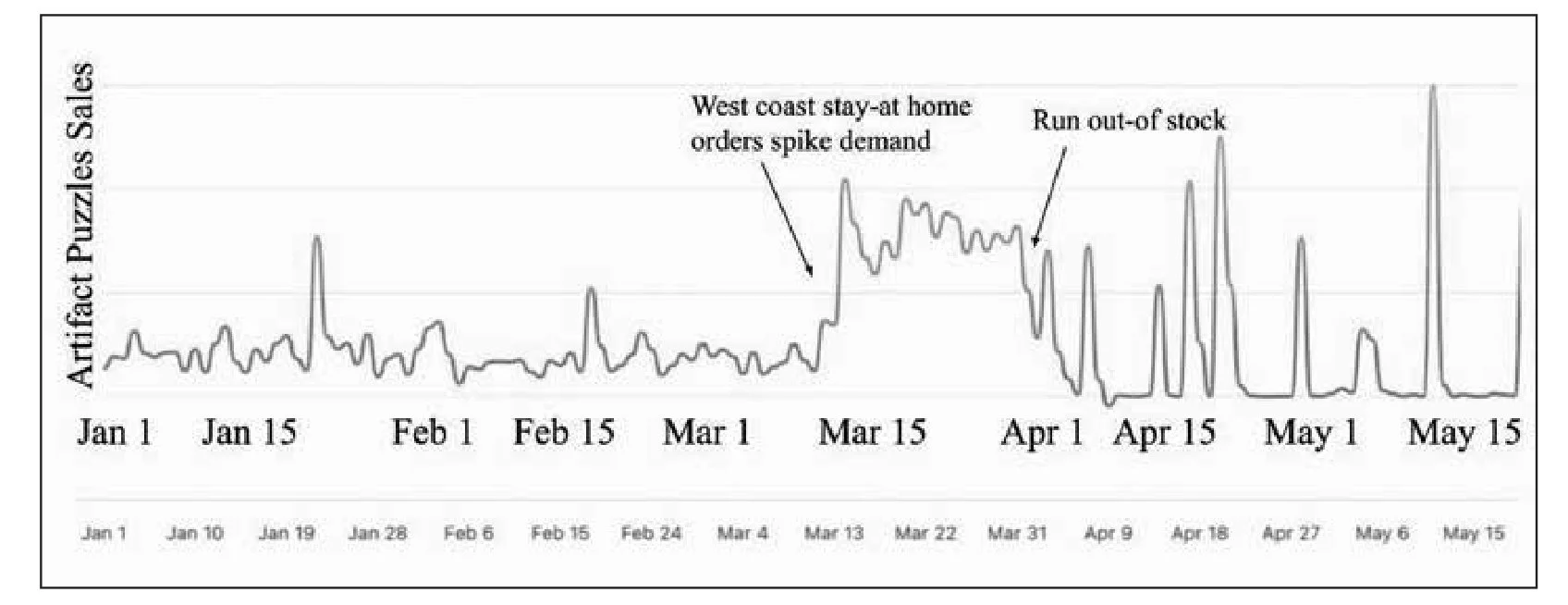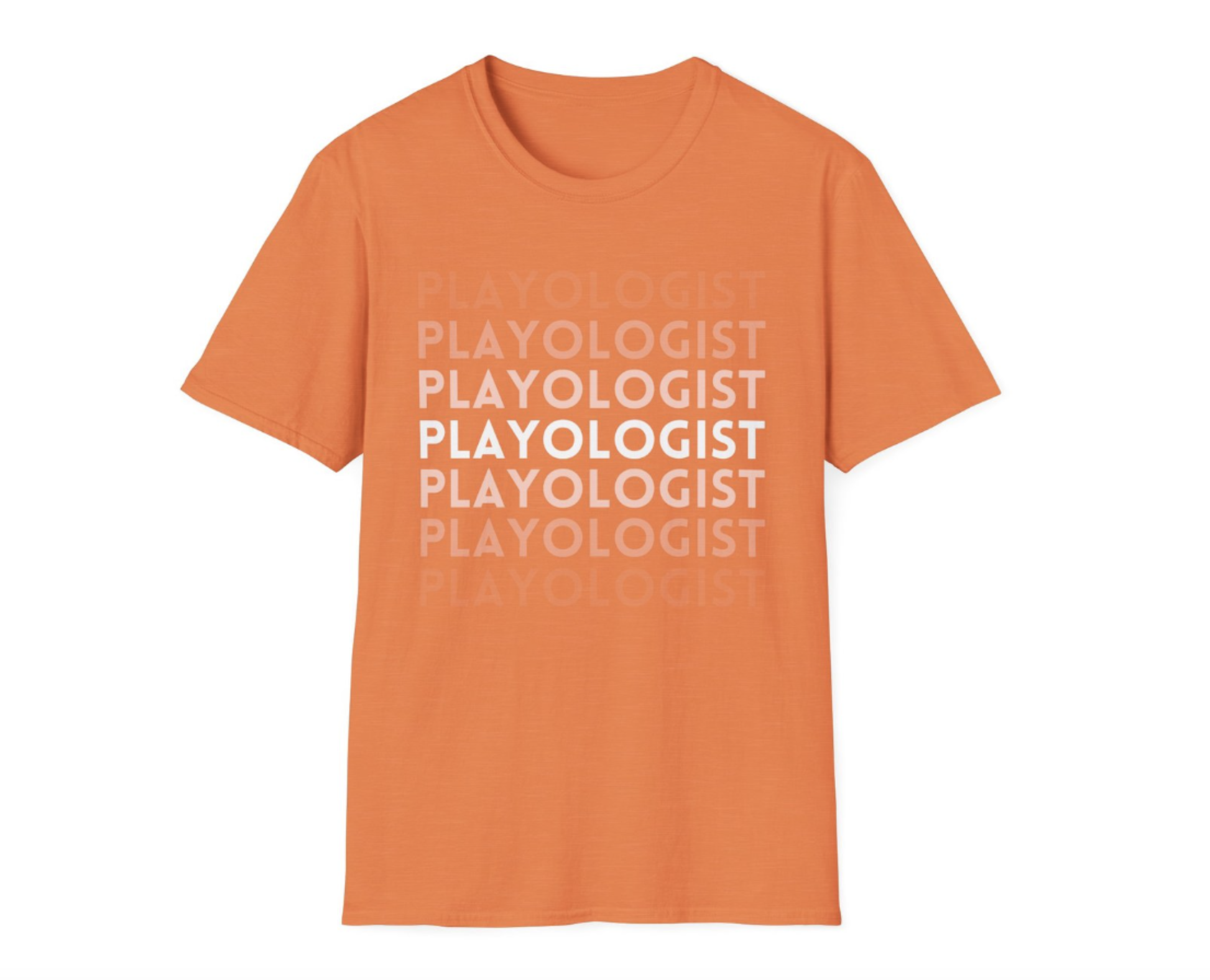When Our World Is Chaotic: Why We Find Comfort in Puzzles
In a world that often feels like it’s spinning too fast — where newsfeeds overflow with crisis, routines get disrupted, and uncertainty lingers — it’s no wonder we reach for something simple, quiet, and oddly satisfying: puzzles.
This piece is for any puzzle-lover who seeks to make sense of why this pastime brings peace. We find comfort in the answer to “why,” especially when so much in today’s world has no rational explanation. By the time you finish reading this piece, you will know more about the neuroscience behind this behavior as well as additional ways to seek the same feeling.
How do I know this? I have written two books on play — one for educators, one for general humans, and presented multiple lectures on the power of play.
Back to the puzzles — Whether it’s a jigsaw puzzle spread across a dining table, the daily digital NYT assortment that we then share with friends, or a Sudoku mini-calendar page, puzzles offer a strangely profound comfort. In difficult times, American adults do more jigsaw puzzles (Williams, 2024). But why?
The shelter-in-place order in the San Francisco area took effect on March 17, 2021. Jigsaw puzzle sales immediately began to soar (Williams, 2024).
Puzzles bring a sense of order
At the heart of every puzzle is a promise: there is a solution. In a chaotic world where outcomes are unpredictable, puzzles provide something refreshingly different — a sense of order. Each piece has a place. Each clue leads somewhere. And best of all, the outcome depends on your focus and patience, not luck.
2. Puzzles stoke the fires of our reward system
Neuroscientists have found that working through puzzles activates the brain’s reward system, releasing dopamine — the feel-good neurotransmitter — every time we connect a piece, solve a problem, or make a breakthrough. It’s not just fun. It’s chemistry.
3. Puzzles offer a safe and gentle escape
At a time when digital noise competes for our attention, puzzles offer quiet clarity. They are an antidote to our daily neural over-stimulation. Instead of pinging notifications or doomscrolling, puzzling draws us into something slower and more meditative. We become totally absorbed in the process of finding the next piece and building the picture. This absorption calms the mind (Feld, 2007; McNeely, 2020).
There’s also something nostalgic about puzzles. For many, they provide a reminder of childhood afternoons, holidays with grandparents, or simpler times when joy could be found in small victories. Puzzles offer comfort in familiarity, and in a time of uncertainty, that matters more than we realize.
4. Completion and subconscious repair
In a time when so many situations or events feel unresolved, puzzles offer the gift of completion. We begin with brokenness — a thousand scattered pieces, no clear direction. Bit by bit, we find connections. We restore order. That final piece — clicked into place — signals something rare and satisfying: a clear, definitive end. Eventually, we create a picture. In that moment, we experience peace, pride, and perhaps even a little hope.
This quiet act of assembling something complete out of what was once chaos can be surprisingly healing (Bologna, 2020). It mirrors what we wish we could do in our lives: make sense of the mess, bring together the disjointed, and see beauty emerge.
Puzzles don’t fix the world. They don’t change the headlines or solve all our problems. But they offer something just as meaningful: a moment of peace, a focused breath, a small sense of control.
So the next time life feels too loud, too scattered, or too uncertain, you might try reaching for a puzzle. Because sometimes, finding where just one piece fits can make the rest of the world feel a little more possible.
As a play ambassador for the US Play Coalition, I’m passionate about sharing the power of play for wellness and overall happy lives. As you continue to seek answers to your own questions on play, you might be interested in the following articles:
Do you need additional support for incorporating play in your life?
Follow my quest for the playful life: Instagram, Facebook, LinkedIn
Consider buying my books on Bookshop.org, Barnes & Noble, Target, or Amazon. I appreciate the love.
Read the free content on my website.
Buy some PLAY-swag.
References:
Bologna, C. (2020). Why jigsaw puzzles are so soothing and addicting right now.” Available at https://www.huffpost.com/archive/au/entry/jigsaw-puzzles-soothing-coronavirusau5ed5b4a9c5b6e038f8265bec
Feld, K. (2007). Jigsaws silenced: Remembering the ‘first’ puzzlemaker. Available at https://www.karenfeld.com/jigsaws-silenced-remembering-afirsta-puzzlemaker.
McNeely, S. (2020). What’s behind puzzles’ popularity during the pandemic?” Available at https://www.artsci.utoronto.ca/news/whats-behind-puzzles-popularity-during-pandemic
Williams, A.D. (2024). Therapeutic play: Adult puzzling and hard times. American Journal of Play 16(2). 197- 209.



